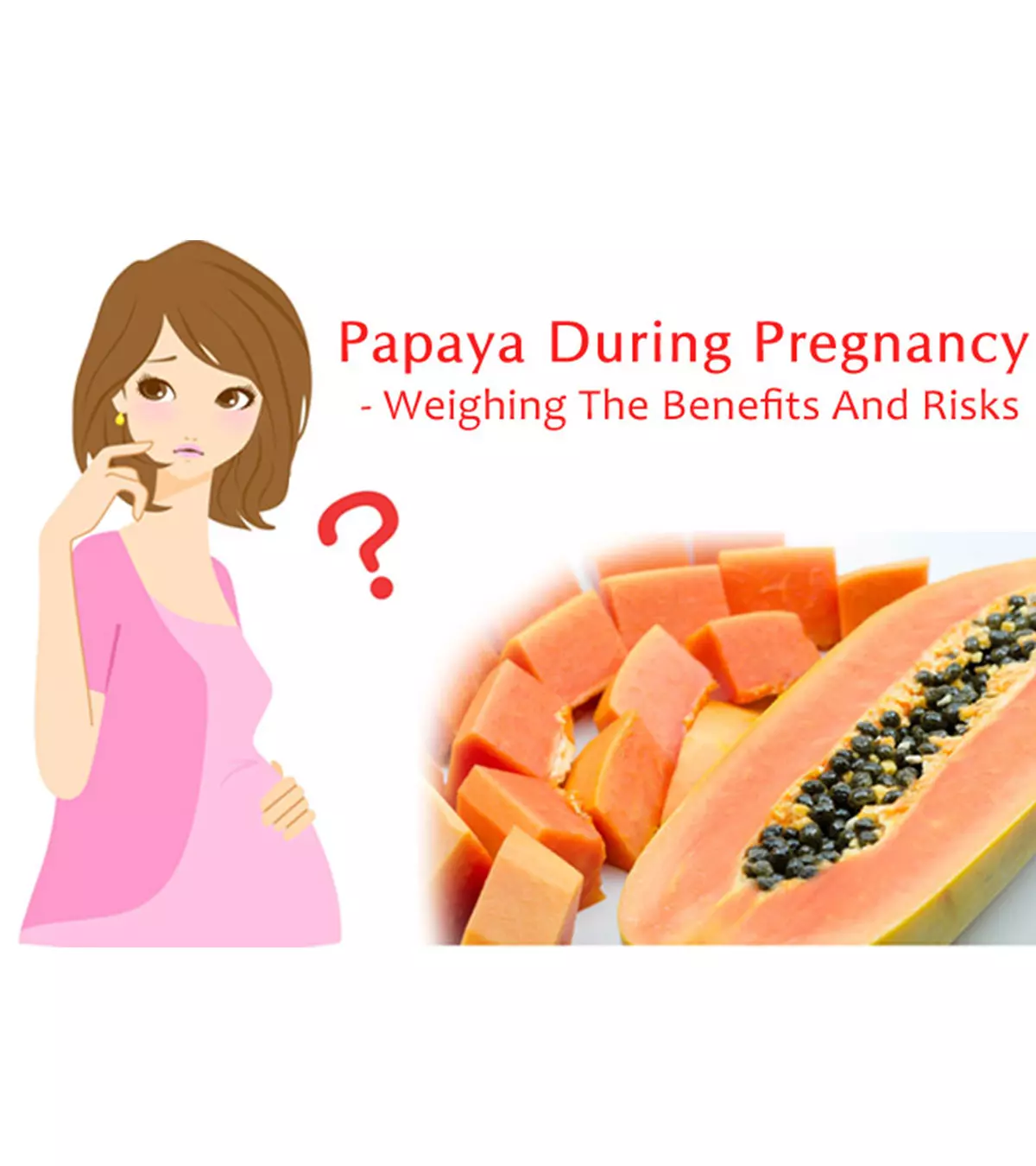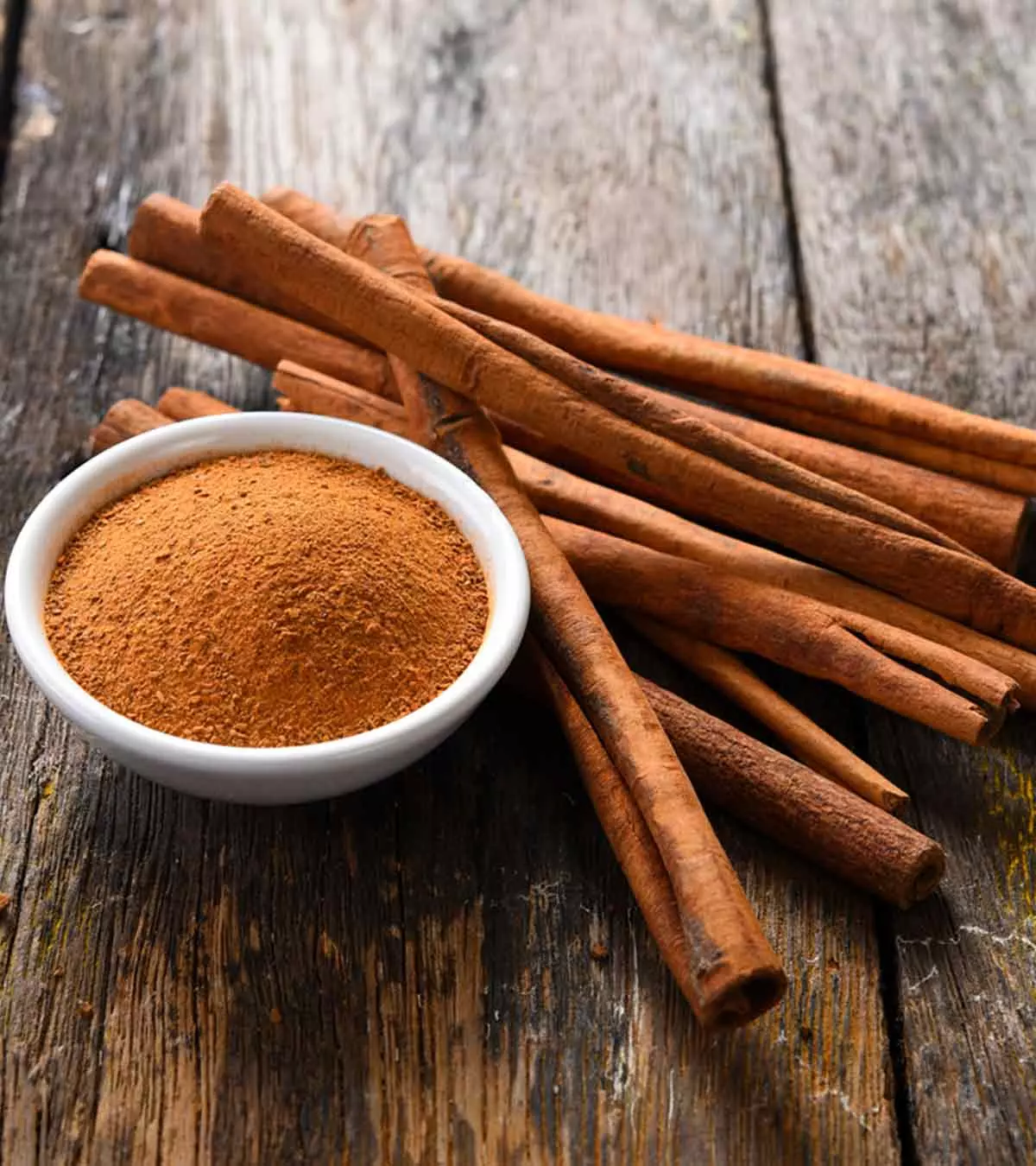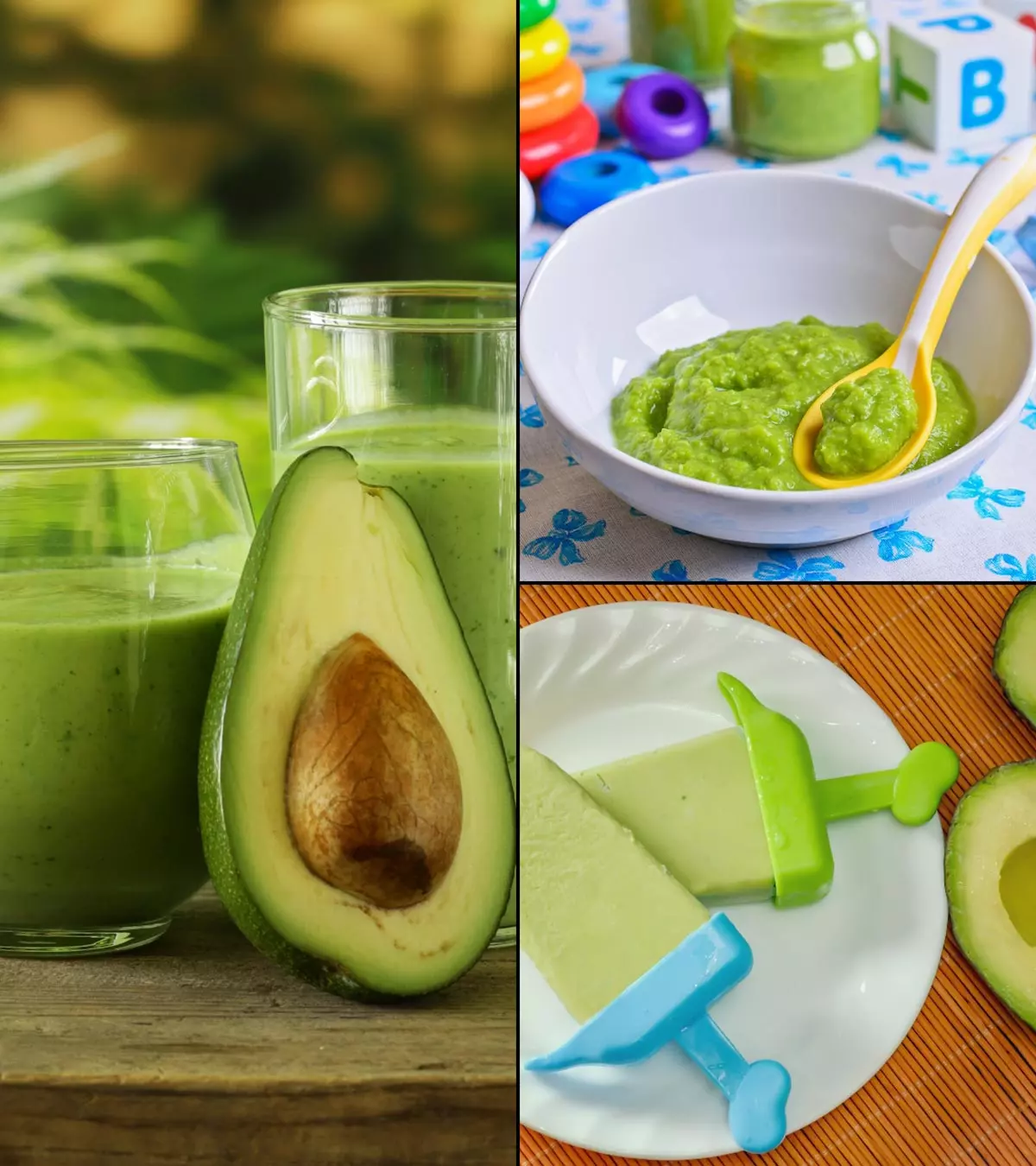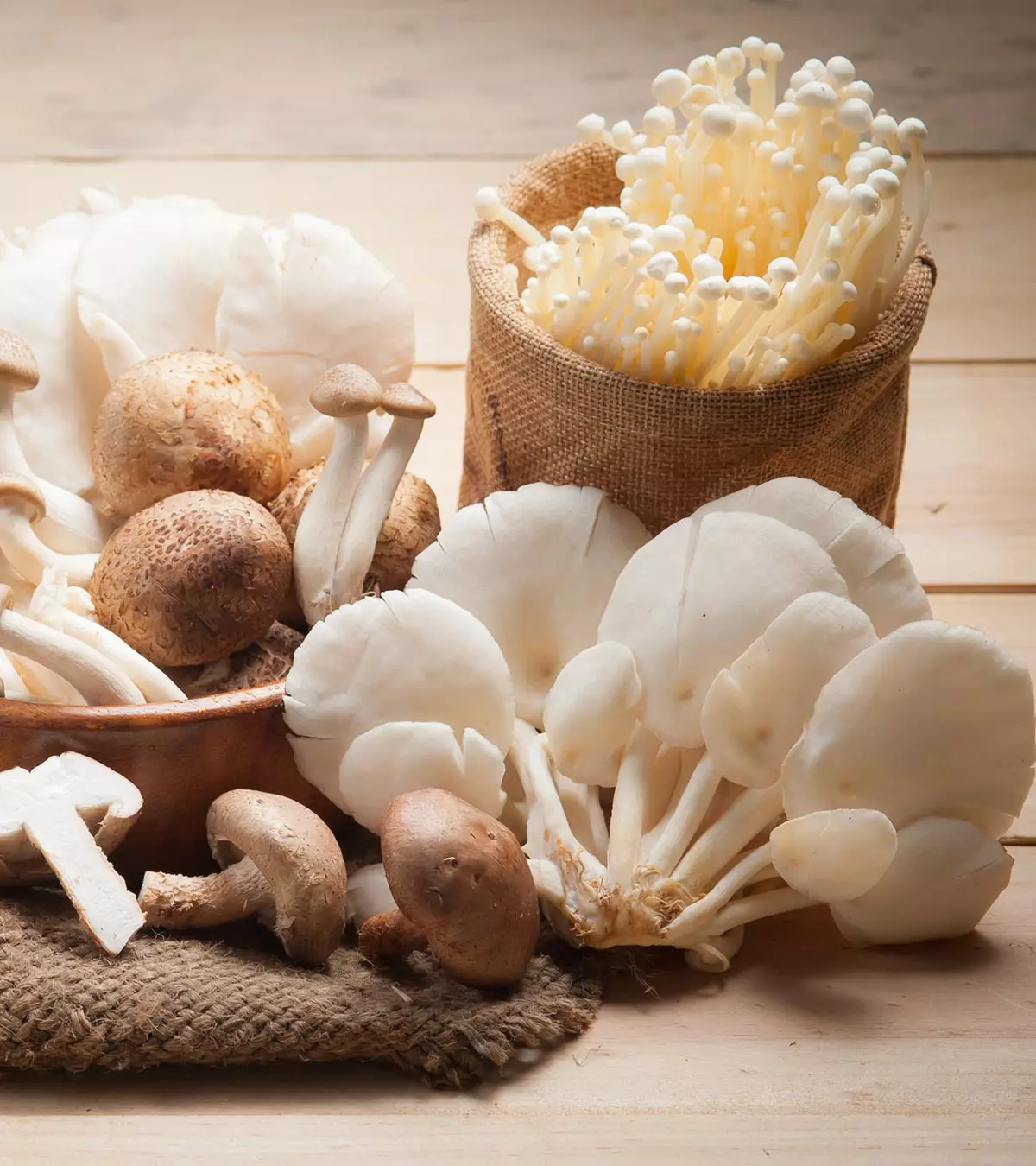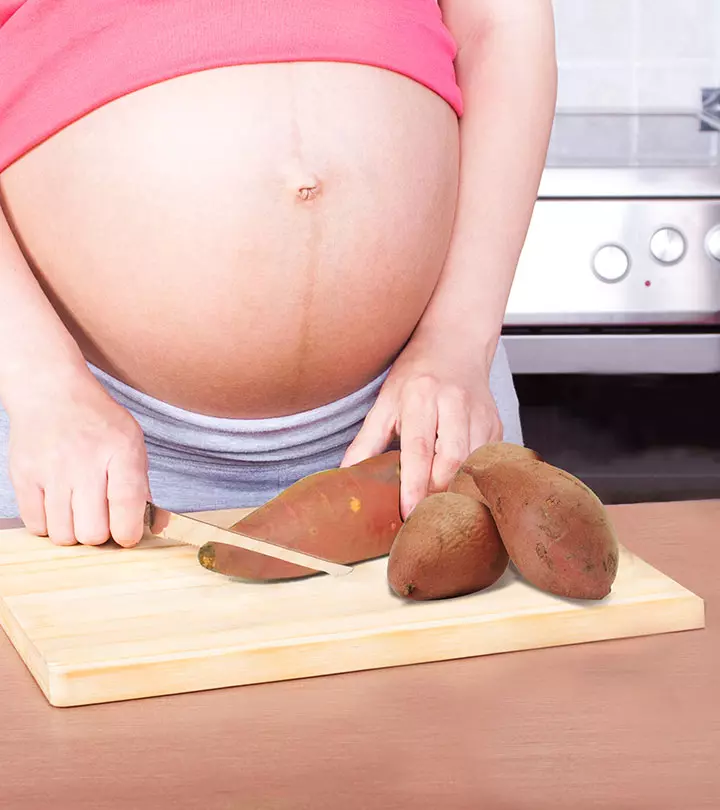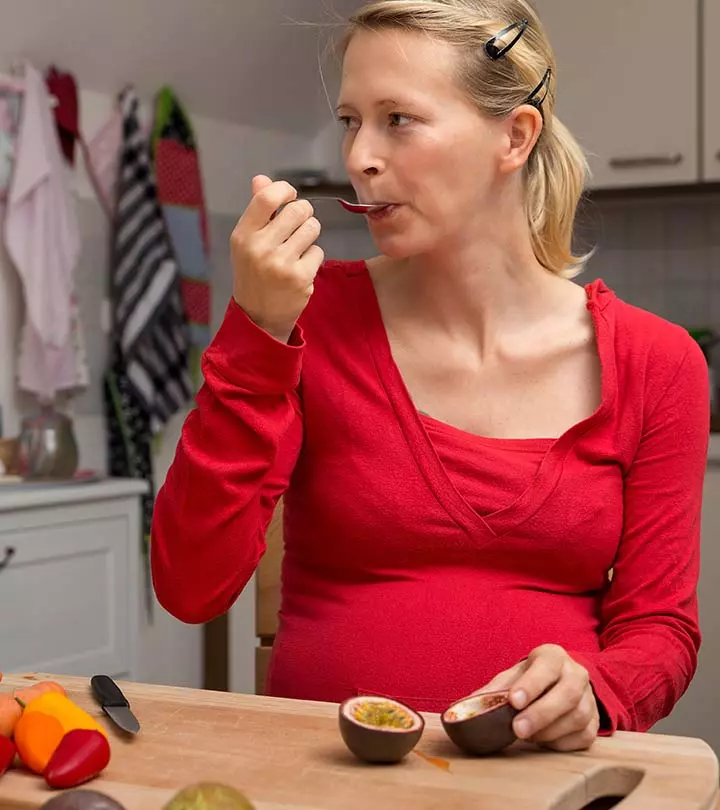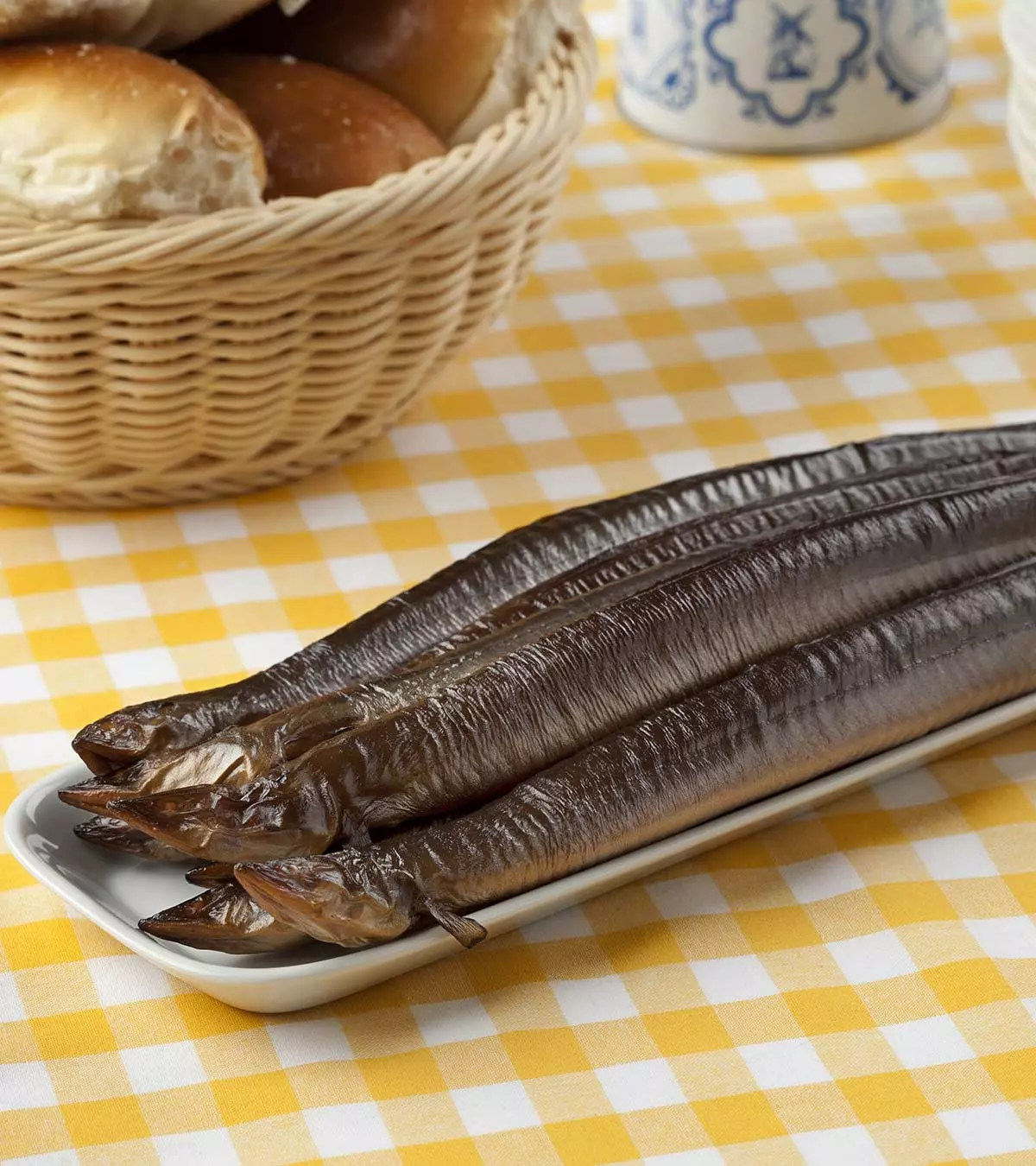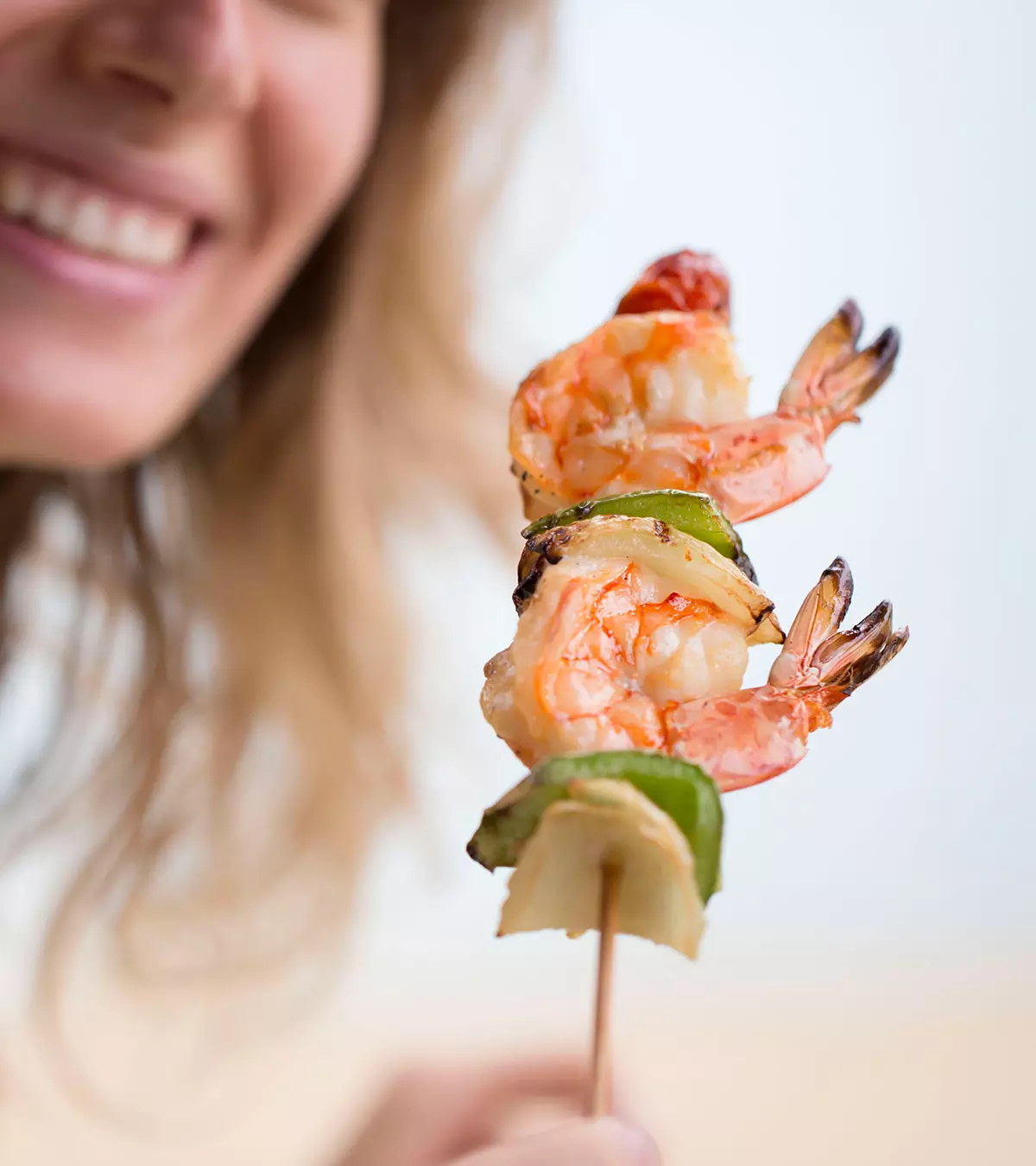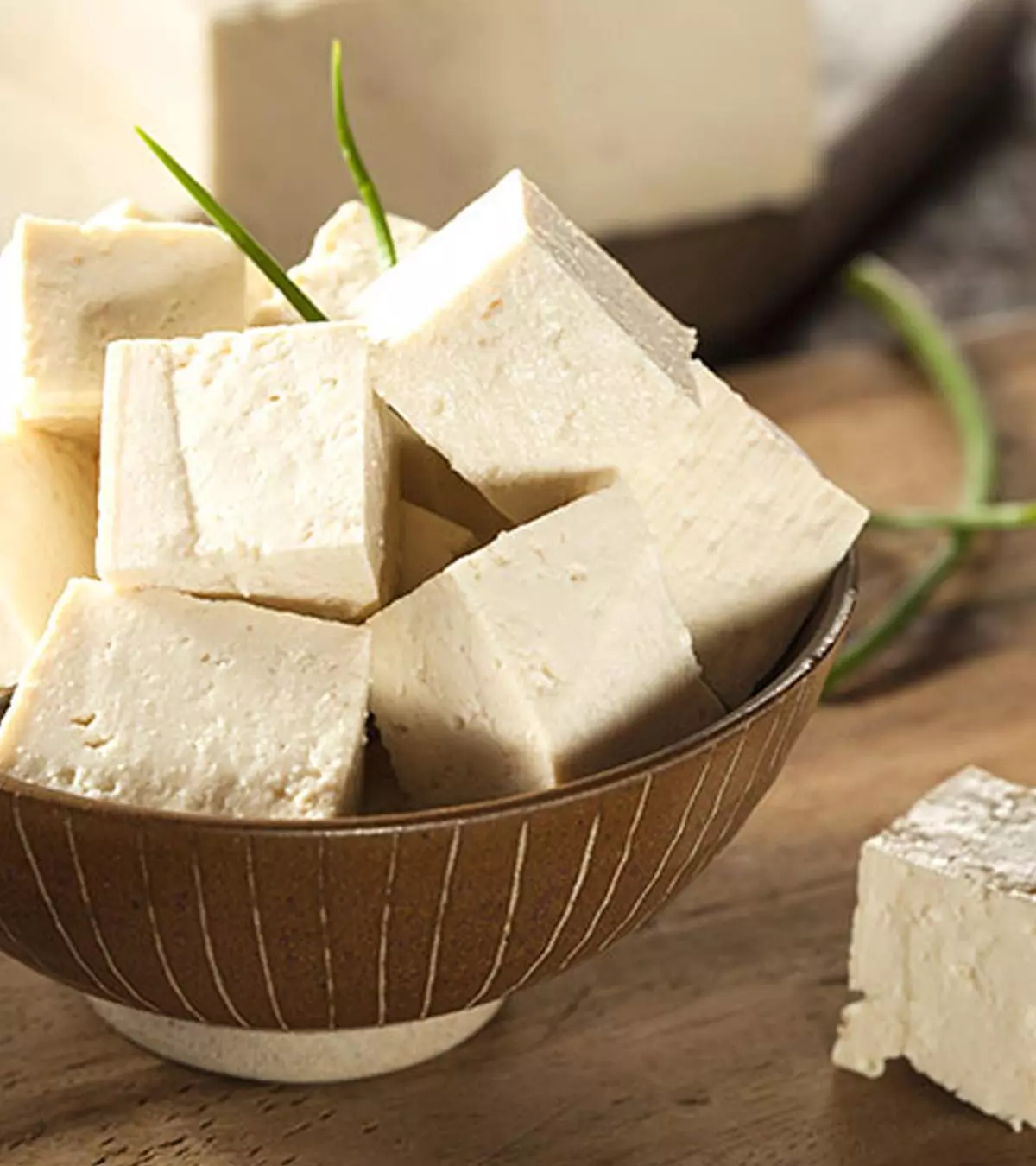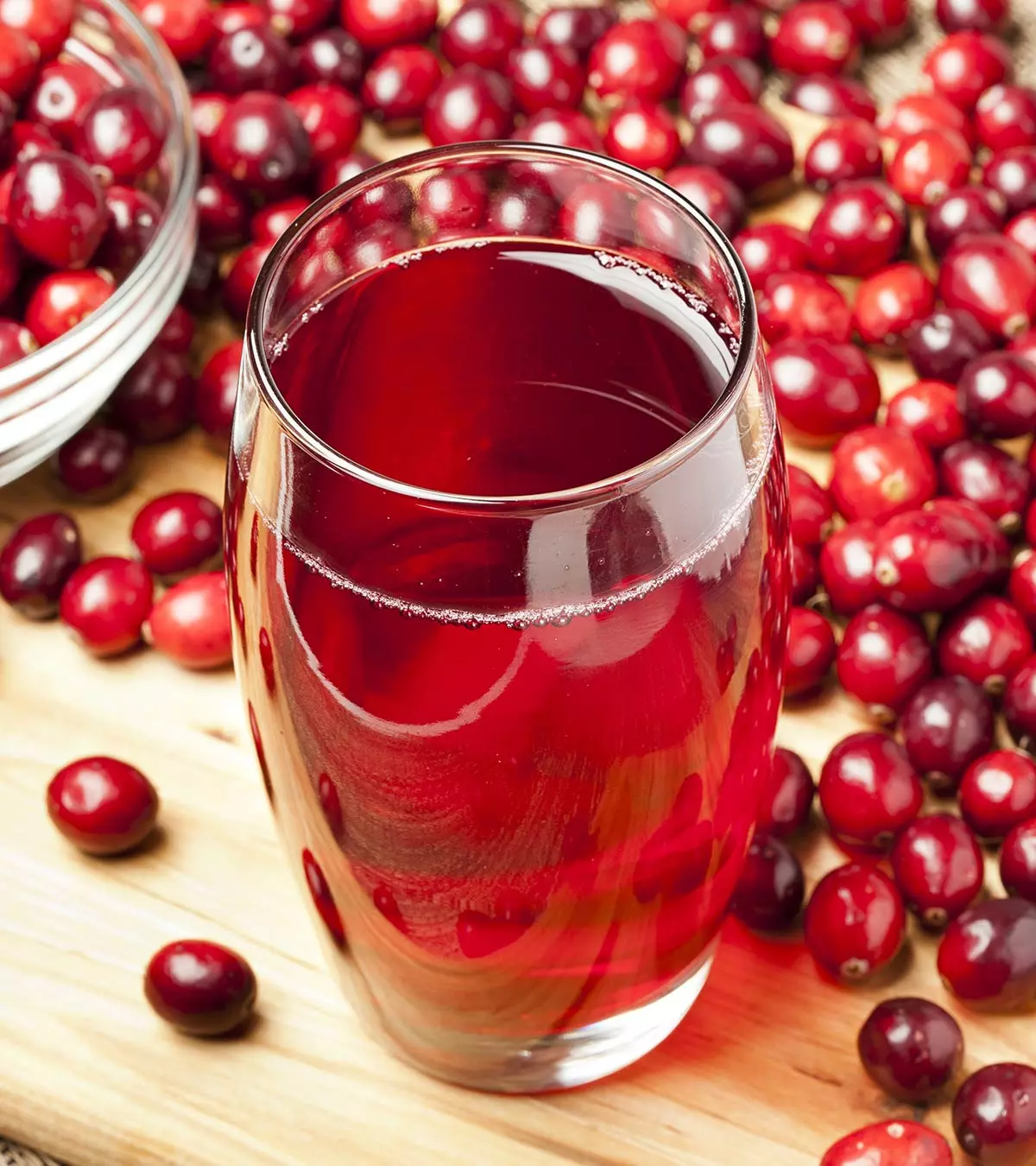
Having food cravings in pregnancy is common. Women crave various delicacies, ranging from sweet and sour to salty and spicy. Some women may even crave inedible things such as clay or dust. The exact reason for cravings is unknown, but factors such as nutritional deficiency or hormonal changes may play a part.
Cravings are not always the same throughout the pregnancy. Each woman is different, and the cravings differ with various stages of pregnancy. If you feel your food cravings are a cause of concern, you may follow some tips to control them.
Read the post to know more about why food craving occurs during pregnancy and helpful ways to overcome an insatiable appetite.
Key Pointers
- Pregnancy food cravings can occur in the first trimester and persist throughout or for a short while.
- Hormonal fluctuations, nutritional deficits, and psychological factors may cause these cravings, although the exact reason is unknown.
- Cravings for sweets, salty and spicy meals, sour foods, and bizarre food combinations are typical during pregnancy.
- Managing food cravings during pregnancy can be helped by eating meals properly, regular exercise, healthy snacking, and staying hydrated.
- It’s important to consult a doctor if experiencing intense cravings or craving non-food items.
What Do Food Cravings Mean During Pregnancy?
The sudden, irresistible, and intense longing to eat something specific is referred to as a food craving. This feeling gets intense during pregnancy due to hormonal changes (1). When an expectant mother has cravings, these cravings can range from an insatiable hunger for sweet delicacies to spicy, salty, or sour foods.
However, cravings during pregnancy are not restricted to foods only. Sometimes, you may also crave non-food items, such as dust, dirt, clay, or soil etc. (2). This could be Pica, a type of craving caused by iron deficiency or general malnutrition (3).
Cravings during pregnancy are not new and are known to be more common during the first and second trimesters.
What Causes Pregnancy Cravings?
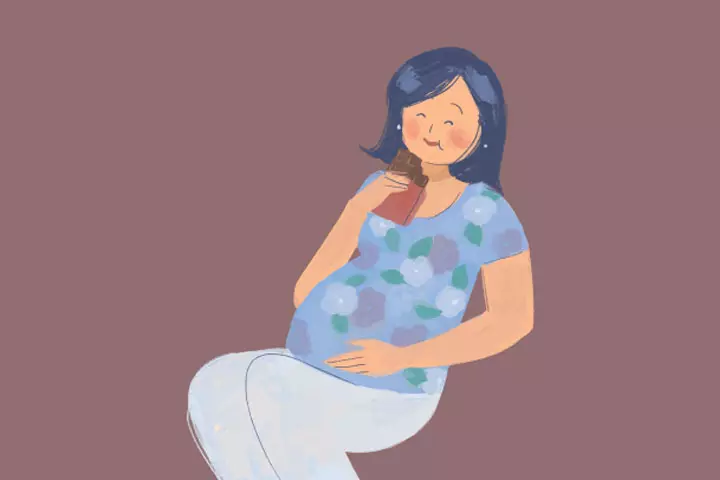
Image: Shutterstock
Studies have found that around 84% of pregnant women around the world experience food cravings. So, what is it exactly that gets you all weak in the knees to bow down to your cravings? Well, the exact etiologyiThe study of the underlying causes or origins of diseases, clinical symptoms, or conditions. of cravings is still unknown. However, there are many other theoretical causes.
- Nutritional deficiency: It is believed that, generally, food cravings are symbolic of a dietary deficiency (4). This means that when your body lacks a particular nutritional element, it manifests as a craving.
- Hormonal changes during pregnancy: Several experts believe that pregnancy cravings could be a result of hormonal changes. The hormones, estrogeniA hormone responsible for the development and functioning of female reproductive organs. and progesterone, could be the possible causes for those irresistible urges. These hormones can potentially lead to changes in the receptors of the tongue, developing cravings and/or aversions for foods (5).
- Increased sense of smell and taste: It is also believed that hormonal fluctuations tend to increase the sense of smell and taste in pregnant women, which could be another contributing factor for food cravings (6).
- Psychosocial factors: In some cases, it has been seen that pregnant women might also develop certain food cravings due to some psychosocial factors (7). A research study showed that rice craving is more common in Japan than in the U.S, where the most craved food amongst pregnant women is chocolate.
Is It Normal Not To Have Food Cravings During Pregnancy?
It is perfectly normal not to have food cravings during pregnancy. Food cravings can alter your dietary intake and may impact your overall nutritional levels. So, addressing cravings wisely is the key to managing your health effectively.
It the cravings for certain foods are strong, it wise to consult your doctor. This can help you make informed decisions and also help you to promptly act on cravings that may indicate an underlying health issue, such as zinc deficiency characterized by an impaired sense of smell and taste (5).
When Do Pregnancy Cravings Start?
Cravings start in the first trimester, intensify in the second, and then begin to decrease in the third. However, this may not be the same for every pregnant woman. In some cases, a few food cravings continue even after delivery, and sometimes you may end up eating strange things throughout your life. You may also experience alternating cravings, where your choice of foods changes constantly.
Sarah Remmer, a mother of three and a registered dietitian, talks about how her cravings changed during her two pregnancies, “I experienced strong cravings for pastries at the very end of my first pregnancy. However, with my second pregnancy, I experienced powerful cravings for fried chicken right near the start! (ⅰ).”
How Long Do Pregnancy Cravings Last?
Some women have cravings throughout their pregnancy, some will have for a limited period, and some will not have them at all. Sometimes, you will just crave for a day, a week, or a month. It all depends on your body system, and sometimes on the environment around.
Common Pregnancy Cravings
Sweets, salty and spicy foods, and sour foods are the most common cravings during pregnancy.
1. Salty foods:
A hypothetical belief says that if you have a low sodium level in your diet, you might feel a need for salty and spicy food during pregnancy. Various researches show that repeated bouts of sodium depletion might lead to an increase in sodium intake (8). This seems to be a plausible cause and effect as your blood volume increases during pregnancy (9). This change needs proper management of the intake of sodium and potassium.
Some of the foods that you may crave in pregnancy are French fries, popcorn, different sauces, mixed nuts, and chicken tenders with extra salt added.
2. Sweet cravings:

Image: Shutterstock
A craving for sugar in pregnancy will most likely manifest as an affinity towards chocolate, ice cream, sugary sweets, and doughnuts. A research study has shown that pregnant women with gestational diabetesiPregnancy-specific condition characterized by high blood sugar levels, which may pose a risk of maternal-fetal complications. show more liking towards sweets than mothers without gestational diabetes. This insatiable need for sweet foods is linked to the serial rise and fall in pregnancy hormones (10). However, the research studies to support this reasoning are limited.
3. Spicy and hot foods:
Though not as popular as sweet and salt cravings, spicy food is also in the cravings list. You may desire hot wings, curries, and red peppers. Some old wives’ tales say that women carrying boys crave spicy foods, whereas those carrying girls crave sweet foods such as chocolates.
4. Unique and weird combinations craving:
Sometimes, pregnant women also crave for some strange food combinations such as marmite on ice cream, pickle with ice cream, sponge cake with tomato sauce, fried eggs with mint sauce, pickles with peanut butter, or tuna with bananas. These cravings are highly individual and may/may not be linked to any specific physiological change happening during pregnancy.
 Be watchful
Be watchful5. Cravings for citric foods:
Lemon, lime, vinegar, and pickles are some of the citric food cravings. Craving citric acid foods could be a sign of low stomach acids. Stomach acids help sterilize the food by breaking it into proteins. An uncontrolled or insatiable desire for citrus can indicate your body’s requirement for certain vitamins, such as vitamin C, contained in these foods (5). However, there are no research studies that support the belief.
6. Craving for non-foods:
Some women crave non-food items. The pathological act of eating non-food items is called PICA. Due to the unusual appetite, it is considered a dangerous disease that poses a considerable risk for the expecting mother and the fetus (11). Pica during pregnancy could indicate iron deficiency or malnutrition (12).
7. Unhealthy cravings:
A craving or insatiable yearning for unhealthy foods during pregnancy is often linked to psychological factors. A research study conducted at the University of Albany showed that these foods are craved during pregnancy as they are prohibited otherwise (13). Examples of few of such are coffee, alcohol, pizza, potato chips, fast foods, and more.
8. Healthy cravings:
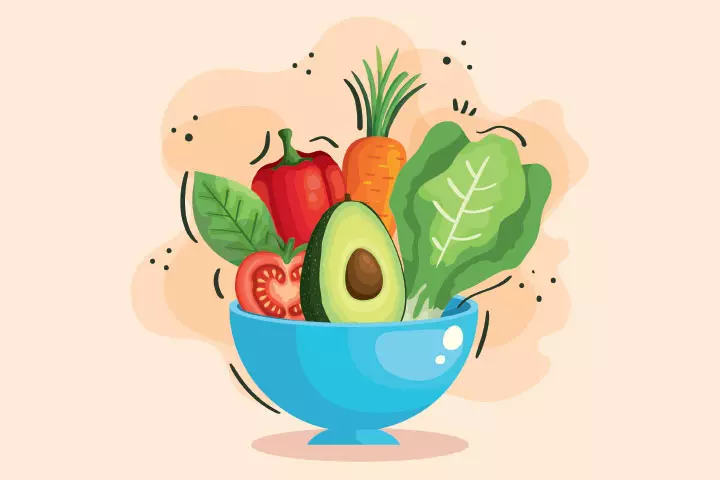
Image: Shutterstock
Some women may feel an inclination for healthy foods. Foods you would mostly crave for are fruits (apples, watermelon, pears, grapes), vegetables (leafy greens, legumes, garlic), meat (red meat, lean ground meat), seafood (crab, fish), juice (orange, grapefruit), and dairy (milk, yogurt, cheese). During pregnancy, you should try including more of these foods in your diet.
Food Cravings During Pregnancy And Gender Prediction
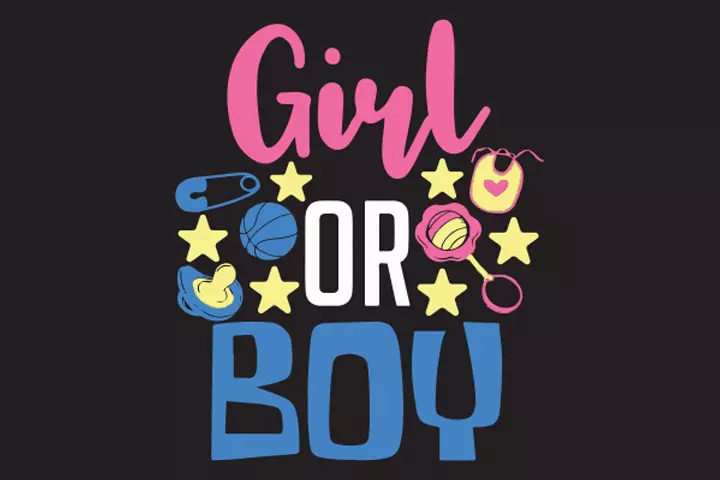
Image: Shutterstock
As mentioned earlier, old wives’ tales related to food cravings help people guess the gender of the baby. However, there is no scientific backing for this. It is technically impossible to predict gender by analyzing your food hankering.
Sweets and girls:
If a pregnant mom craves sweets, such as chocolates, candies, cookies, ice creams, and other sugary products, she is likely to have a girl. However, there is no evidence to support this. There are still chances of you having a boy.
Salty, sour, and boys:
Food cravings are believed to differ when pregnant with a boy. It is commonly believed that if an expecting mother craves salty, sour, spicy, or protein-rich foods, she may be carrying a boy. They enjoy eating pickles, sucking on lemons, or munching on meat, even if they did not like it before. However, there is no scientific evidence to support this.
Consider:
You can only predict the baby’s sex correctly by undergoing prenatal ultrasound testing after the 20th week of pregnancy. Check about the legal implications involved with gender prediction in your country before you plan to do a gender prediction test.
How To Control Food Cravings During Pregnancy?
The ultimate trick to overcome food cravings is to outsmart them. The following tips will help you manage and control the food cravings during pregnancy (14) (15).
- Do not skip breakfast: Start your day with proper nutrition so that you will have enough energy and do not have any hunger pangs later.
- Eat at regular intervals: Do not wait for the hunger pangs. Plan small meals at regular intervals throughout the day so that you will not binge on junk foods. Eat about four to six small meals a day.
- Exercise regularly: Physical activity relaxes the body by releasing endorphinsiNatural chemicals in the body that help alleviate pain and provide a sense of well-being, often released during exercise or other activities. . This would put you in a good mood and would control your hormonal levels. This is one surprising way to beat an insatiable craving and curb emotional eating as well.
- Control food portions: If you cannot fight the urge to eat, try controlling your portion intake. Go for a small plate of snacks instead of eating from the whole packet. If you crave chocolate during pregnancy, just take a piece of it instead of binging on the whole bar.
- Choose healthy snacks: Buy healthy snacks, such as keep nuts, fruits, and other nutritious delicacies, and keep them handy. If you are hungry, you are most likely to reach them.
- Drink plenty of water and other fluids: Drinking plenty of water keeps you hydrated. Sufficient water intake will keep you fresh and glowing and also control your stretch marks, and most importantly, cravings. This is because sometimes, we confuse thirst with hunger and thus tend to overeat.
Aim for at least 12 glasses of water in a day. On days that you want more than just plain water, you can also try to have plenty of other fluids like soups and fresh coconut water.
- Keep junk food away: The best way to stay off of junk food is to keep it away from your reach. You are less likely to eat them if they are not available at home. Even if they are available, changing their position could impact a lot. It could slowly make your obsession with unhealthy food go away. For example, you can keep all your chocolates, ice creams, and candies at the extreme rear end of your fridge cabinet instead of keeping them in the front. Out of sight, out of mind!
- Try new recipes: Make every meal delicious and exciting by trying new recipes. The more you enjoy your food, the less you will feel hungry.
- Healthy alternatives: Make sure you substitute unhealthy food with healthy options as much as possible. If you crave sweets or cakes, then have fruit. When you crave beverages, drink fresh lime water or coconut water instead of a caffeinated beverage. You can choose dark chocolate instead of milk chocolate.
 Quick tip
Quick tip- Get your essential fatty acid requirement: Flax oil or fish oil supplements are believed to reduce food cravings significantly.
- Distract yourself: It is often the best way to tackle a food craving. Allowing yourself the indulgence of unhealthy items could be harmful to both you and your baby (for example, alcohol, cigarettes, etc.).
- Keep a craving journal: Note the details of all your cravings – what you crave for, when did you want it, and how you dealt with it. This personalized journal will help you keep a check on yourself and track n your cravings.
 Quick fact
Quick factPregnancy Cravings And Associated Risks For Mother And Baby
While some pregnancy cravings are harmless, some other temptations could pose a risk.
Craving for non-food items (Pica)
Dirt and clay contain lead, and consuming them could result in developmental problems, such as impaired hearing, motor skill development, and low verbal IQ scores. They could also be weak in learning and may have attention deficit disorder.
Craving for high-calorie foods
Cravings for sweets, chocolates, and other high-calorie foods could lead to excess weight gain in the mother. If you are already at the risk of gestational diabetes, taking in high-sugar foods could cause more complications.
Frequently Asked Questions
1. Can stress play a role in food cravings during pregnancy?
Stress may affect food cravings during pregnancy. The reasons include several factors, including the biochemical and psychological effects of stress on hunger (16). If you sense chronic stress influences your food choices, speak to a mental health expert.
2. What are some common myths about food cravings during pregnancy?
Food cravings during pregnancy usually occur due to hormonal changes and are more common in the second and third trimesters. Some women may also experience cravings throughout the pregnancy and a few others for a limited period. Expecting mothers might feel a yearning for food or non-food items, such as clay or soil. However, consuming non-food items can affect a mother and her unborn baby’s health. Eating at regular intervals, staying hydrated, and choosing healthy snacks are a few ways to effectively manage food cravings during pregnancy.
Infographic: Pregnancy Cravings And What Causes Them
One of the most common symptoms that pregnant women experience are food cravings and aversions. You may often find yourself craving specific food or ingredients during pregnancy. The infographic below states some common foods pregnant women crave and the possible reason behind these cravings. Illustration: Momjunction Design Team
Illustration: What Is Food Craving During Pregnancy? Ways To Control It

Image: Stable Diffusion/MomJunction Design Team
Experiencing intense pregnancy cravings? Learn the reasons for these uncontrollable desires and helpful ways of dealing with them in this informative video.
Personal Experience: Source
MomJunction articles include first-hand experiences to provide you with better insights through real-life narratives. Here are the sources of personal accounts referenced in this article.
ⅰ. Pregnancy cravings: when do they start and why?.https://www.sarahremmer.com/pregnancy-cravings/
References
1. Food cravings during pregnancy; Pregnancy, birth and baby
2. Bayley TM et al.; Food cravings and aversions during pregnancy: relationships with nausea and vomiting.; National Center For Biotechnology Information
3. Week-by-week guide to pregnancy; NHS
4. Mineral Deficiencies and Food Cravings; Diabetes Library
5. Uncovering the Causes of Pregnancy Cravings; Hawaii Pacific Health
6. The Mystery of Pregnancy Cravings; Synapse
7. Natalia C. Orloff and Julia M. Hormes; Pickles and ice-cream! Food cravings in pregnancy: hypotheses, preliminary evidence, and directions for future research; National Center For Biotechnology Information
8. Anna E. Stanhewicz and W. Larry Kenney; Determinants of water and sodium intake and output; Oxford Academic
9. Hytten F; Blood volume changes in normal pregnancy.; National Center For Biotechnology Information
10. Lisa M. Belzer et al.; Changes in Sweet Taste Across Pregnancy in Mild Gestational Diabetes Mellitus: Relationship to Endocrine Factors; National Center For Biotechnology Information
11. Eating Dirt; Centers for Disease Control and Prevention
12. PICA; National Eating Disorders
13. Expectant Mothers Take Note: Pregnancy Food Cravings May Be Psychological; University At Albany
14. How to Handle Food Cravings ; Eat Right; Academy of Nutrition and Dietetics
15. An OB/GYN’s Guide to Pregnancy Cravings; North Western Medicine
16. Food cravings mediate the relationship between chronic stress and body mass index; PMC
17. Food cravings during pregnancy; Pregnancy, Birth and Baby
18. Gender, positions and cravings in pregnancy: truth or myth; NCT
Community Experiences
Join the conversation and become a part of our nurturing community! Share your stories, experiences, and insights to connect with fellow parents.
Read full bio of Rebekkah Traptow
Read full bio of Swati Patwal
Read full bio of Rebecca Malachi
Read full bio of Aneesha Amonz






